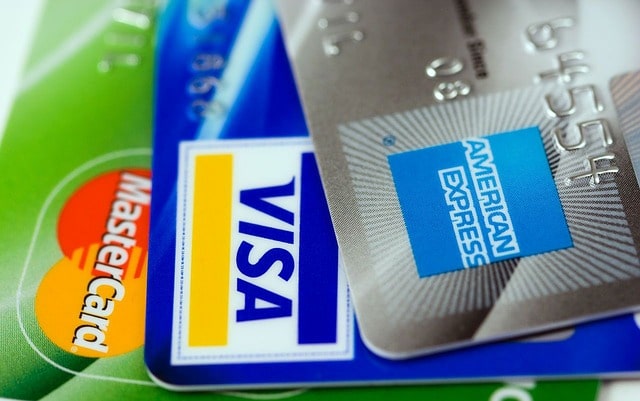Your credit score is a reflection of your finances. Your credit report is accompanied by a credit report that includes a list of your debts or credit standings. This includes your bill payments, utilities, loans and credit cards. There report also includes your savings account, giving you a bigger picture of how your finances are. Knowing your credit score allows you to see areas where you can improve to build your credit and improve your credit score in the process.
Recent studies and surveys show that most Aussies are not aware of their credit scores. There are a couple of reasons why Aussies tend to shy away from knowing their credit score and where their current personal finances stand.
The fear of seeing where their finances stand is of the main reasons why Australians tend to avoid having their credit scores checked. Twenty percent are afraid that discovering a bad credit score might affect their chances of getting a rental lease. Around 19% thinks that getting their credit check might damage their credit score more. Ten percent are simply embarrassed for their partners to see what their credit score is.
The truth is, it is scarier to be unaware of what your credit score is. Identifying where your credit score stands is the first step in getting your finances corrected, or improved
Your Credit Score vs Your Personal Finance
A perfect credit score is somewhere at 1000 points or 1200 points in Australia, depending on the agency where you’ll get your credit report. However only 1 percent of the population has a score of such and Intellichoice has yet to encounter one.
Credit scores are measured via a 5-point scale in Australia. They are classified as Excellent, Very Good, Good, Average and Below Average. Your position helps lenders and banks determine the amount of risk you have as a borrower.
For a perfect or Excellent credit score, Equifax requires 833-1200 points. The lower your credit score is, the riskier banks and lenders see you as a possible client.
Excellent (833-1200) – This score is one of the least likely credit scores out there. To fall under this percentile, you need to be on top of all your liabilities for the next 12 months in Australia.
Very Good (726-832) – This score puts you at the second-highest percentile in terms of credit activity. Bad marks on your credit history are most likely at the minimum in this credit standing.
Good (622-725) – Negative marks on your credit history are less likely for the next 12 months. You are under the mid-range or the average tier of credit active users from Equifax’s data.
Average (510-621) – Such credit score pose a higher risk for banks and lenders in terms of approving you for a loan. This score places you at the least number, or the bottom population of Equifax.s active credit users.
Below Average (0-509) – This is the lowest tier in terms of credit scores. Such position will unlikely give you the best rates and opportunities when applying for a loan or getting a loan approved. However, you are still qualified for less conventional loans, but with higher interest rates due to the risk that you have as a possible candidate for a loan.
You can get a copy, for free of your credit score from several online providers. Equifax is just one of these. The results may differ depending on the reporting agency that you reach out to, but it will give you an almost accurate view on where
Now that you are aware of your credit score, you can begin repairing or improving areas in your finances that will help achieve a better credit score, suited and beneficial for your aspirations of getting a mortgage or financing approved.
There are many ways on how you can improve your credit score. However, it can be quite a challenge if you have several black marks on your credit history. Understanding your credit score is the first stem in getting your finances straight and building your credit.






